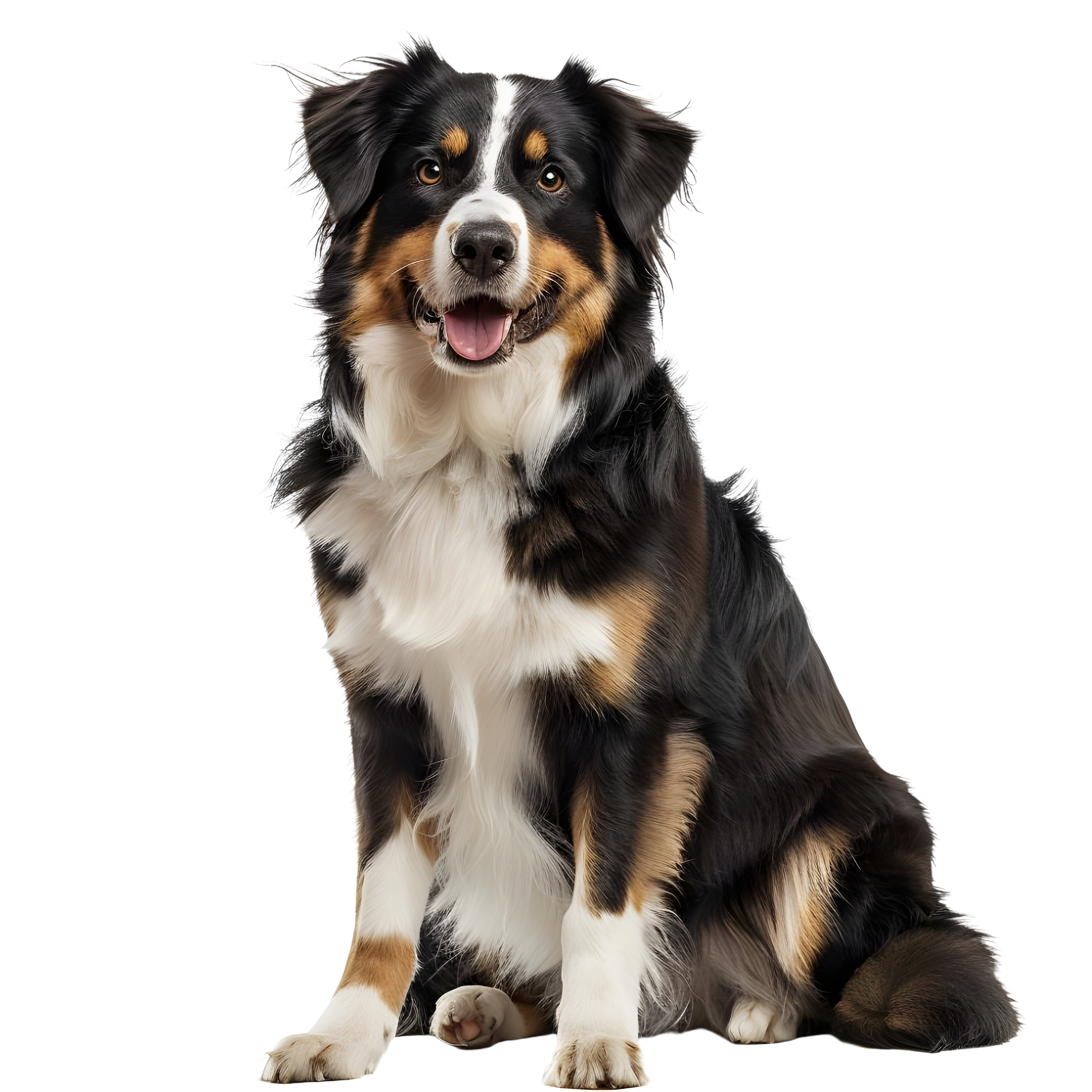Gentle Giants: A Guide to the Bernese Mountain Dog Breed
Bernese Mountain Dogs are big, fluffy dogs. Often weighing more than 100 pounds, they can look a little intimidating, but their characteristic grins and loveable personalities quickly become apparent. Learn more about the breed’s history and characteristics to decide if the Berner is right for you.

Working Dogs
Bernese Mountain Dogs originated in Switzerland, originally working as farm dogs, according to the Bernese Mountain Dog Club of America. Their name comes from the Swiss city of Bern, according The Spruce Pets. They primarily served as watch dogs and companions to the families that ran the farms. Their muscular bodies may also have been put to work pulling carts. The breed first appeared in the U.S. in the 1920s, according to the American Kennel Club (AKC).

A Big Breed
Berners have tall, muscular bodies. Males weight up to 115 pounds, while females can be as heavy as 95 pounds, according to the AKC. As is common with larger dogs, Bernese Mountain Dogs have a shorter lifespan, generally living seven to 10 years.
The signature coat of the Bernese Mountain Dog is three colors: white, black, and tan. Black fur covers the body, upper legs, and part of the face, while white fur typically covers the muzzle, chest, and paws. Tan markings can appear above the eyes, on the muzzle, and on the legs. The coat is thick and fluffy, leading to frequent shedding and requiring regular upkeep.

Personality
Bernese Mountain Dogs are well-suited to cold weather. Their heavy coats often mean they wear silly grins and lolling tongues. And that friendly appearance matches their personalities. Berners are affectionate dogs that develop strong bonds with their owners. You may notice that they are extremely loyal to you and not particularly interested in strangers.
They like to play and require regular exercise. Bernese Mountain Dogs are happy to live inside with you, but you’ll need to dedicate time to outdoor activities, like long walks or even agility training. Eager-to-please pups, you’ll find Berners respond well to obedience training.

Caring for a Berner
If you aren’t afraid of a little (ok, probably a lot) of drool and shedding, life with a Berner can be bliss. As larger dogs, it is vital that you approach socialization and training early and often. While they are gentle by nature, their high energy can get the best of them. Properly trained and exercises Bernese Mountain Dogs can fit right in with nearly any family. They can get along with other pets and children.
If you are interested in adopting a Berner, the Bernese Mountain Dog Club of America lists regional rescue groups.
Written by Carrie Pallardy
Sources:


